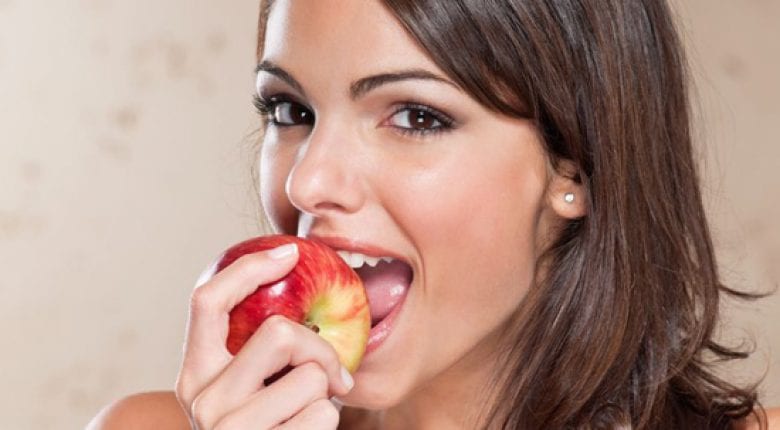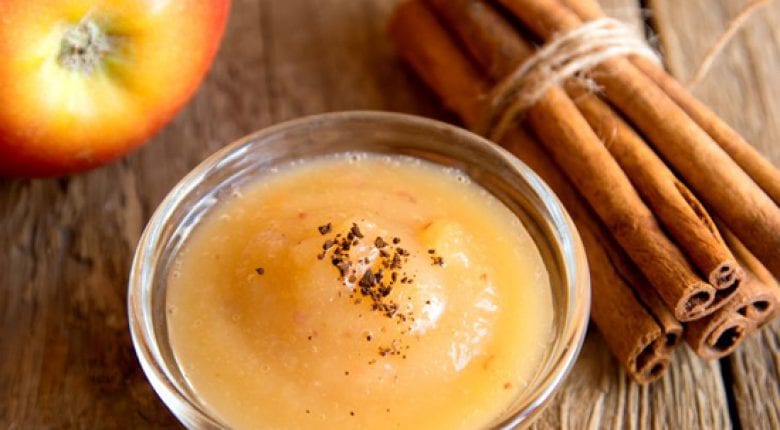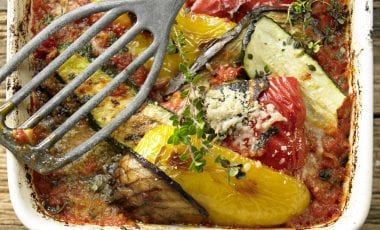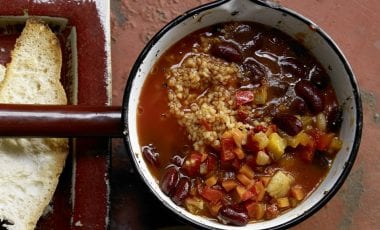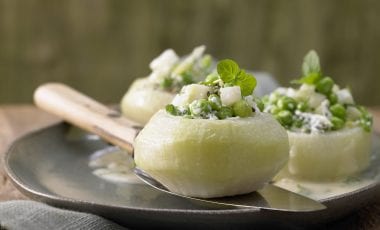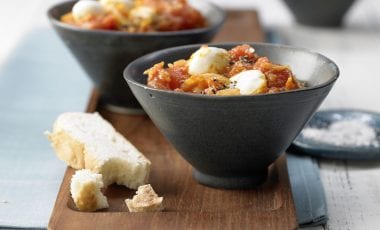Explore the enticing world of apple varieties and flavours
Apples are a fruit we tend to take for granted, but one of which most of us never tire. And how could we, with so many great varieties to choose from? Bearing a host of fascinating names such as Jonagold, Granny Smith, Elstar and Pink Lady (to name but a few), and sporting a rich variety of hues – some green, some red, some brightly mixed – we are fortunate enough to be able to enjoy these enticing fruits throughout the year, whether from the supermarket or the garden. The apple being the most popular fruit is no surprise. It is way ahead of its delicious fruity rivals such as bananas, oranges and mandarins.
A guilt-free snack
Apples contain hardly any protein or fat, and so the energy they deliver comes more-or-less exclusively from carbohydrates. A medium-sized apple (100 g) has about 50 kcal, which corresponds to about 2% of the daily energy requirements for a predominantly sedentary adult, making the apple an ideal snack for in-between meals. Thanks to its mix of easily digestible sugars, in the form of fructose and glucose, an apple readily staves off dips in energy levels between main meals.
To keep apples fresh for up to 50 days, store them in a cool and dry place or in a refrigerator. In a Liebherr BioFresh compartment they can be stored for up to 80 days. But, when storing apples, there is one, not-so-insignificant thing that you should be aware of: apples produce a gas called ethene (commonly known as ethylene) on ripening. This fact often shocks people because it sounds mysterious and unappetizing. However, there is no need to fear; ethylene is a natural plant hormone that initiates the ripening process. Any other fruits stored in close proximity to apples will ripen more quickly! This is an amazing fact. You need to pay attention to this: if your fruits ripen faster they will subsequently tend to spoil sooner. Apples aren’t the only fruits that emit ethylene in this manner – apricots, pears and bananas also produce this plant hormone, as do some vegetables e.g. potatoes.
Many fruits and vegetables wouldn’t ripen without ethylene
Bananas have to travel a long distance before they arrive on our supermarket shelves. They are harvested whilst they are still green so that moulds will not affect them during transit. After shipment, before they reach the shops, they are then artificially ripened by exposure to ethylene, which also promotes a more appetising appearance. This is how our shop-bought bananas acquire their customary yellow colour. This is also how our tomatoes become a beautiful glowing red. In their unripened state, neither tend to sell very well.
How to take advantage of this ripening effect
You can use the positive ripening effects of ethylene yourself. At room temperature, place your unripe fruit or vegetables in a sealed container or bag. Add an apple (or other ethylene-producing fruit or vegetable) to the container. This will accelerate the natural ripening process. Don’t worry that you’ll then have to eat all your ripened fruit and vegetables in a hurry; before they spoil, simply store them in a Liebherr BioFresh compartment. You will still have plenty of time to enjoy your fruit and veggies at your leisure. Despite having hastened the ripening process. To find out about food storage and the best fruits/vegetables for BioFresh storage, refer to our BioFresh storage data or download our BioFresh app. And, should you find that the ripening process has advanced a little too far and that your apples are looking a little worse for wear, do not despair. They will still be absolutely perfect for making a great apple sauce!
You can find out more about BioFresh technology in our BioFresh blog and on the app – just search for “Liebherr BioFresh” in your app store! If you enjoyed this article please share it on Facebook and Twitter.
